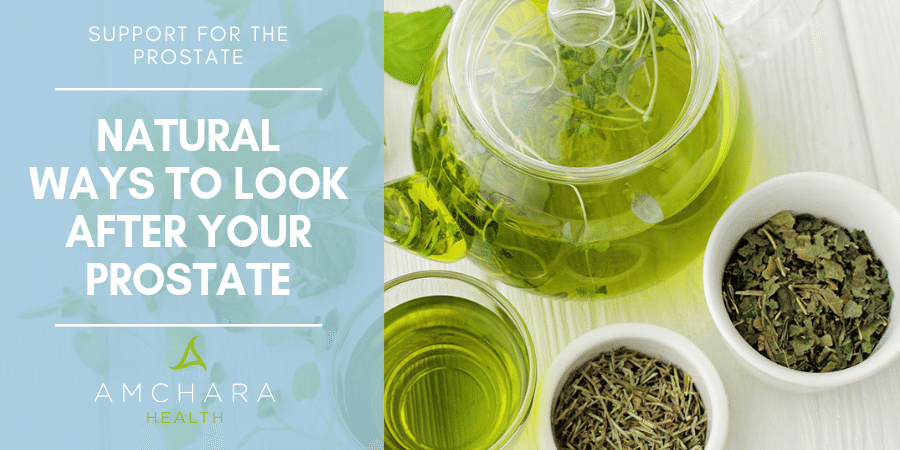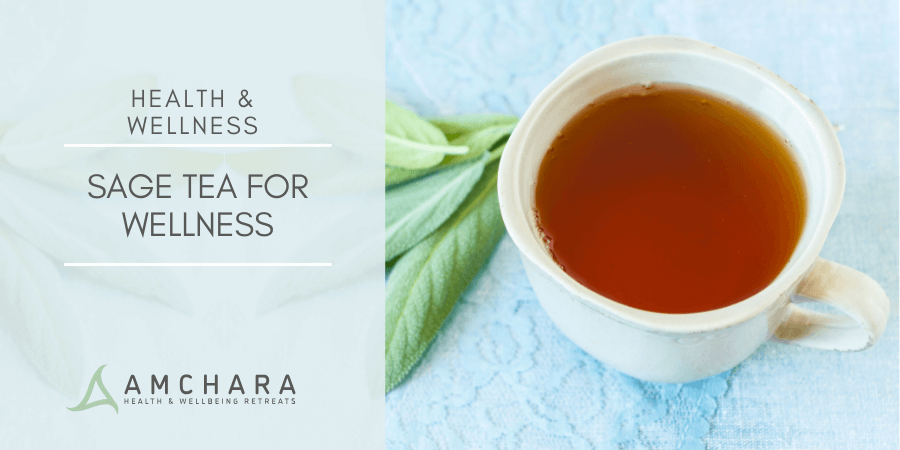Topics Covered in this article:
A prostate gland which grows too large can cause uncomfortable urinary symptoms.
It’s extremely common, especially as men get older.
In this article we’ll look at nine natural ways to support the health of your prostate.
What is the Prostate?
The prostate is a small gland, shaped like a walnut, located just under the bladder.
It sits close to the urethra, the tube which carries urine.
The prostate gland naturally grows slowly throughout a man’s adult life.
Enlarged prostate, also called benign prostate enlargement (BPE) or benign prostate hyperplasia (BPH), occurs when the cells in the prostate multiply rapidly.
This causes the gland to enlarge in size and it can press on the urethra and bladder.
This can be uncomfortable, and can cause symptoms such as:
- Difficulty in urinating, including struggling to start urinating and a weak, slow urine flow.
- Frequent urination and urge to urinate, including getting up in the night to pass water.
- Urine leaking after urination, and a feeling as if the bladder is not emptying completely.
- Urinary tract infections.
- Sexual problems, such as erectile dysfunction.
Needing to urinate frequently can lead to disturbed sleep, which can in turn increase blood pressure, disrupt stress hormones and even contribute to cardiovascular disease (1).
An enlarged prostate is more common in men who are obese, suffer from diabetes, heart disease or have a family member with BPH.
Prostate enlargement is more likely to affect men over the age of 50, and it becomes more common as men get older.
Although prostate enlargement involves faster cell growth, it’s not connected with an increased risk of prostate cancer, although the symptoms of both can be similar.
The size of the prostate is not necessarily related to the severity of the symptoms.
Why Does the Prostate Enlarge?
Scientists believe it is connected to alterations in male sex hormones.
Testosterone is converted in the prostate gland to a slightly different hormone known as dihydrotestosterone (or DHT), and it’s this stronger version of testosterone which stimulates the growth of the prostate cells.
It may also be due to an increase in oestrogen which often happens as testosterone levels naturally fall with age.
The prostate has receptors which are sensitive to oestrogen (2).
Natural Ways to Look After Your Prostate
Drugs to manage prostate enlargement block the conversion of testosterone to its more potent form.
Natural ways of supporting prostate health will look to not only regulate hormone levels, but also combat inflammation and inhibit the excessive division of cells in the prostate gland.
#1 Saw Palmetto
This is probably the most extensively studied supplement for BPH.
It’s extracted from the fruit of a small palm tree native to the USA, and has been traditionally used for hundreds of years to relieve urinary problems.
It appears to act on testosterone levels, as well as having an anti-inflammatory action.
In one review of research, saw palmetto was found to reduce urinary tract symptoms as effectively as a prescribed drug for the condition (3).
#2 Pygeum
Pygeum is extracted from the bark of a type of African plum tree.
It’s available as a supplement and contains a number of substances, including sterols such as beta-sitosterol, which is a type of plant-based fat.
This is thought to reduce the excessive growth of prostate cells, reduce the sensitivity of the receptors to testosterone and reduce inflammation.
Research suggests pygeum can improve the strength of the flow of urine and therefore help the bladder to empty effectively (4).
Remember, any supplements are best taken under the guidance of a qualified practitioner.
#3 Pumpkin Seeds
Pumpkin seeds also contain beta-sitosterol, which as we’ve seen may improve urine flow and bladder emptying.
Overall, studies concluded this substance reduced symptoms of prostate enlargement by 35% (5).
Pumpkin seeds are delicious as a snack on their own, sprinkled over salads, porridge or even savoury dishes.
Look for pumpkin seed spread which is a bright green and tasty alternative to peanut butter.
#4 Zinc
Low tissue levels of this mineral have been found to be connected with prostate enlargement.
In one study, zinc levels were over 60% lower in men with BPH (6).
Zinc is rich in seafood, seeds (especially sesame seeds and pumpkin seeds), nuts and legumes.
#5 Lycopene
Lycopene is a plant pigment occurring in many red or pink fruits and vegetables.
It’s found in high levels in tomatoes and is also present in pink grapefruit, watermelon, papaya, guava, red peppers, apricots and red cabbage.
One study found lycopene halted the enlargement of the prostate (7).
Cooking tomatoes seems to increase the availability of the lycopene.
#6 Nettle
Stinging nettle is often used to support prostate health. It’s thought to reduce the amount of active testosterone; it has anti-inflammatory properties and may also decrease the speed at which the prostate cells divide (8).
Drink drinking boiling water infused with nettle leaves as a refreshing tea.
#7 Green tea
Green tea contains antioxidants called catechins, which are thought to affect the production and activity of male hormones (9).
However, it’s wise not to go overboard on green tea as it does contain some caffeine, which can stimulate the bladder and increase the urge to urinate.
#8 Eat Mostly Plants
As well as benefiting the planet, eating a good proportion of plant-based foods can also support prostate health.
One study, carried out over four years, found men who ate plenty of fruit and vegetables, particularly dark green leafy vegetables and tomatoes, suffered from fewer symptoms connected to prostate enlargement.
Eat a minimum of five servings or fruit and vegetables per day, aiming for more than this whenever possible.
Put a rainbow on your plate – the brighter and more varied the colour of your food, the more beneficial plant nutrients it will contain.
Another study over eight years found men who ate more animal protein had an increased risk of prostate enlargement (10).
Choose plant-based protein such as lentils, chickpeas, green peas, nuts and seeds.
#9 Lifestyle Strategies to Support the Prostate
Although it’s important to stay hydrated, it’s wise to limit your fluid intake during the evening to increase the chance of an uninterrupted night’s sleep.
If you are overweight, aim to reach a healthy weight for your height, and make sure you exercise regularly.
One ongoing study involving over 30,000 men found the more they exercised, the less likely they were to suffer from prostate enlargement.
Takeaway
Many factors such as your genes, your lifestyle and stress levels can also impact on the health of your prostate.
A consultation with an experienced Amchara practitioner can help you to maximise your prostate health through nutritional and lifestyle modifications.
We’re dedicated to providing you with both insightful information and evidence-based content, all orientated towards the Personalised Health approach.
Did you find this article useful?
We would love to know your thoughts.
With your comments we can continue the conversation.
Let us know your top tips to support your prostate health.
READ THIS NEXT:




